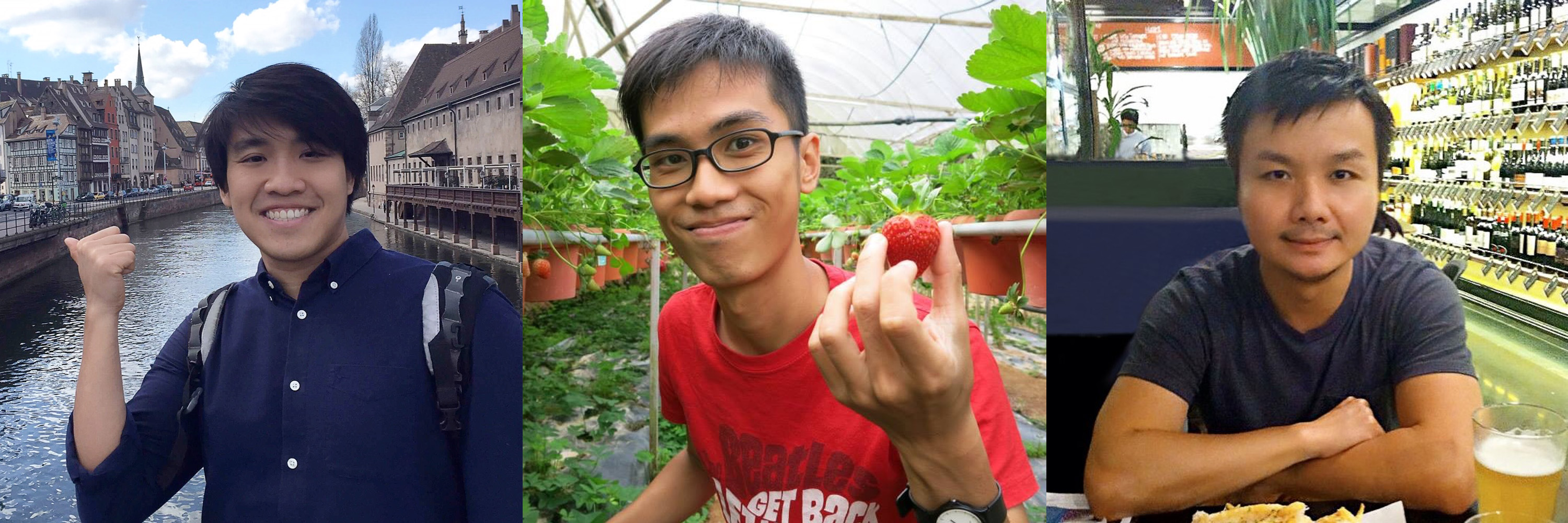Research by Dr. Stephen Lim and NUS Psychology graduates reveals that media multitasking is associated with poorer video-recorded lecture learning through mind wandering.
With the increasing accessibility of portable and multi-functional Internet technologies, media multitasking has risen in ubiquity. For instance, we can browse several web pages in multiple windows, listen to music, and carry out a chat conversation simultaneously on a single device.
At the same time, the rapid evolution of our educational landscape means that online education is gaining popularity among students, who can learn in the convenience and comfort of their homes through online learning platforms such as Coursera and Khan Academy.
What is the impact of media multitasking in academic settings, particularly in online learning environments?
A recent study by a team from the NUS Cognition and Education Lab, including Dr. Stephen Lim (pictured, right) and NUS Psychology graduates, Loh Kep Kee (pictured, left) and Tan Zhi Hui Benjamin (pictured, center), has revealed that habitual media multitasking has adverse effects on video-recorded lecture learning.
In their study, participants were asked to learn the content of a Coursera lecture video as they normally would under regular classroom settings. Participants’ actual mind wandering tendencies were tracked via direct probes while they watched the video. Mimicking actual examination settings, participants then completed open-ended questions that tested the content of the video lecture.
The researchers found that habitual media multitasking was associated with poorer video-recorded lecture learning, even after controlling for anxiety, mental fatigue, and prior subject knowledge. Furthermore, this relationship was mediated by increased distractibility, as measured by mind wandering tendencies.
Learners who engage in heavier media multitasking may be more susceptible to distractibility and mind wandering during video-recorded learning because of their breadth-biased style of attention control – focusing on peripheral and irrelevant thoughts during learning may have compromised their processing of the lecture material.
Dr. Lim commented, “We are furthering this work via a second study in which we examine potential links between media multitasking and creativity.” Kep Kee, whilst pursuing his doctoral studies in neuroscience in France, continues to maintain close links with the NUS Cognition and Education Lab.
Reference
Loh, K. K., Tan, B. Z. H., & Lim, S. W. H. (2016). Media multitasking predicts video-recorded lecture learning performance through mind wandering tendencies. Computers in Human Behavior, 63, 943-947. http://dx.doi.org/10.1016/j.chb.2016.06.030


